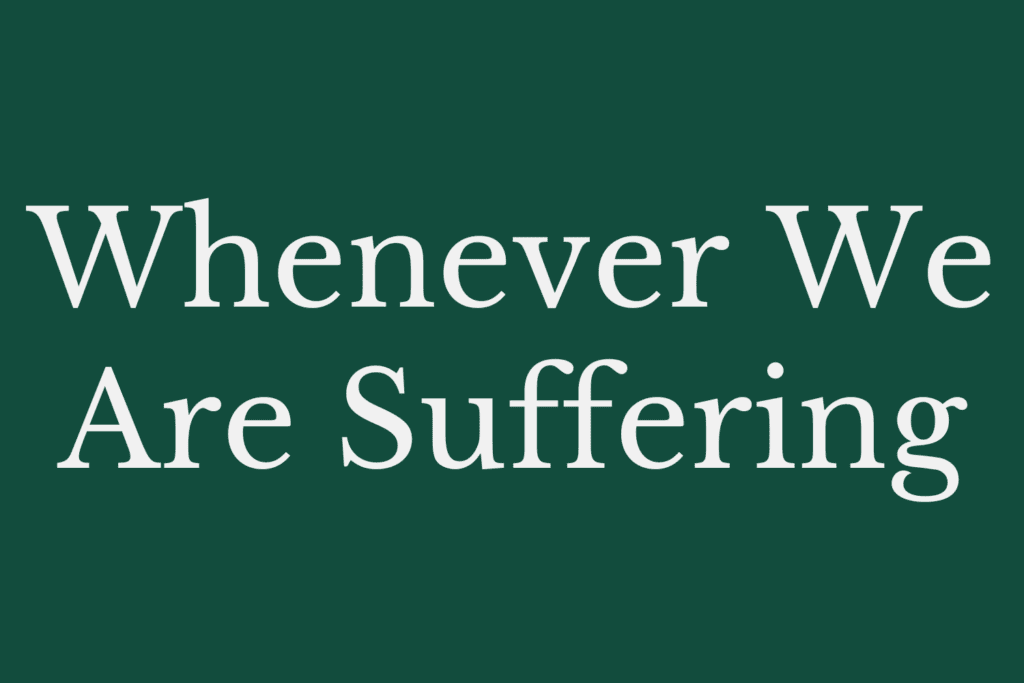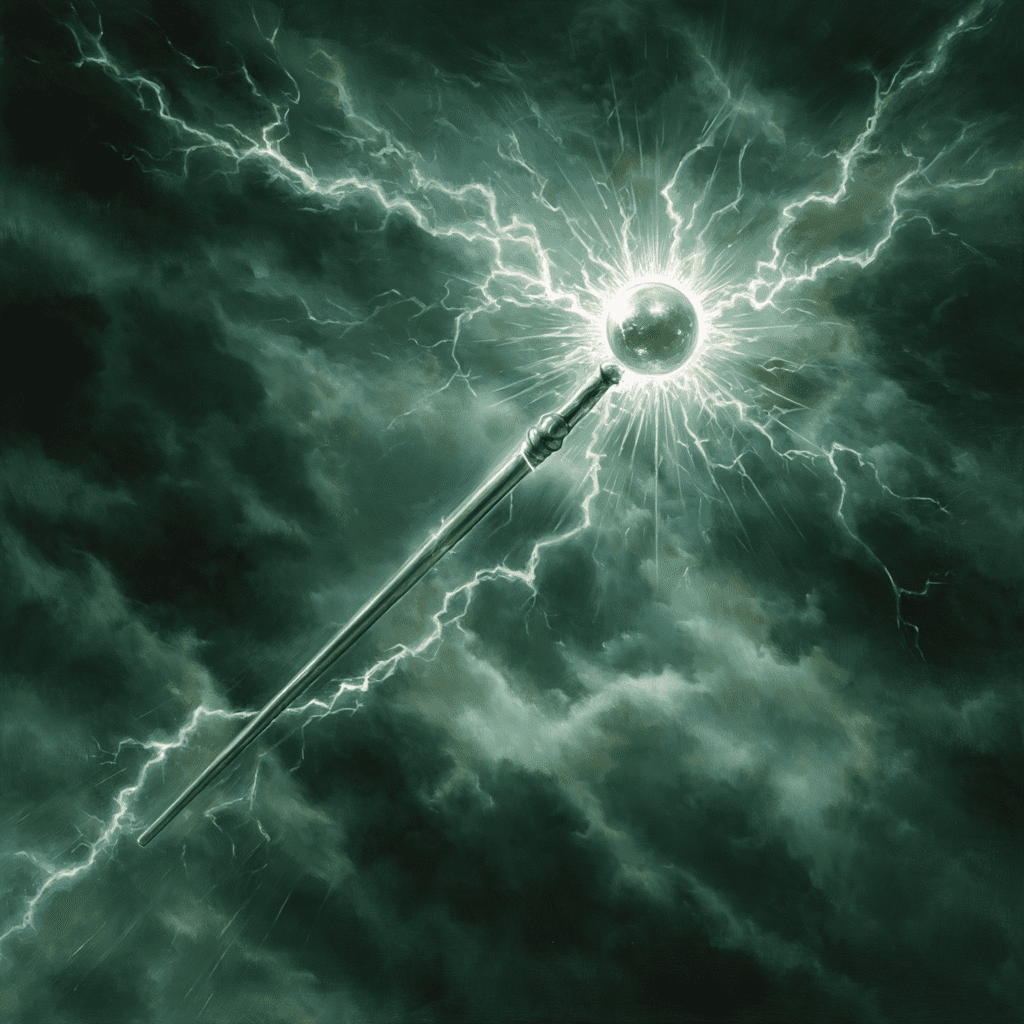Whenever we are suffering, there’s something we’re not seeing. Whenever we cannot control our emotions, behaviour and decisions, the unconscious is involved.
As Carl Jung said:
“A man likes to believe that he is the master of his soul. But as long as he is unable to control his moods and emotions, or to be conscious of the myriad secret ways in which unconscious factors insinuate themselves into his arrangements and decisions, he is certainly not his own master.”
Only the conscious mind can create, plan, and choose to change direction. The unconscious mind can only operate off pre-existing conditioning, hence why it appears as reactive.
In Buddhism, the cause of suffering is stipulated to be ‘craving,’ which is a useful and practical way of approaching the issue, to a point. We crave when we feel we need something in the external world to make us whole. We project our inner Self onto the world and confuse it for the reality. Therefore by noticing craving, we can uncover aspects of the unconscious, and by addressing our cravings we can eliminate much of our suffering. This is why to understand and let go of craving is a vital part of the spiritual path and the Seven Habits of Individuation.
However without examination it is easy to fall into the group-think of Buddhism and assert that craving and craving alone is the ultimate ’cause’ of suffering. Generally not much nuance is offered by Buddhism today for discerning between the supposedly unwholesome states of ‘craving,’ ‘wanting’ and ‘desire,’ and the supposedly wholesome states of ‘motivation,’ ‘investigation’ and mere ‘interest.’ The difference appears to be one of magnitude rather than any definable quality. A little examination by the individual reveals that something is missing from this model of understanding. The decisions that follow are sub-optimal, and the baby gets thrown out with the bathwater. Life itself is deemed as something undesirable to be escaped from, and the very energy needed to navigate it skilfully is suppressed.
Secular Buddhist teacher Stephen Bachelor makes a compelling case that the original teachings of the Buddha were not to let go of ‘craving,’ but of ‘reactivity.’ This is closer to the mark. The problem is not motivation per se (whatever the intensity), but misalignment occurring between the individual and the world as the result of something not being made conscious.
The model of the mind offered by Jung brings clarity and precision to our understanding of suffering and how to move beyond it. When we understand craving as reactivity occurring due to conditioning in the unconscious, the causes of suffering can be seen more clearly and let go of, whilst motivations leading to wholeness can be pursued.
The Path of the Sage is best described as the process of making the unconscious conscious, rather than a process of eliminating craving. And any person in your life that purports to be interested in your growth and wellbeing, whether a teacher, partner or employer, would do well to facilitate this process of coming to consciousness, rather than attempt to exploit what is unconscious. Where teachers and cult leaders insist spiritual growth is all about ‘eliminating craving,’ but neglect to understand or investigate the unconscious, they may be able to ‘train their mind’ to an extent through repression and suppression, but they will continue to be blindsided by it – they will project their Shadow onto others, experience emotional outbursts and then be surprised about what has happened.
For these reasons Habit 1 of the Seven Habits of Individuation is to Take Responsibility for Your Mind. All paths leading to Spiritual Self-Sovereignty build upon this foundation. Taking responsibility for our mind does not excuse or bypass unskilful behaviour or malevolence experienced in the world, but it does mean understanding the unconscious and its role. It knows that, whenever we experience suffering of any kind, it is an invaluable opportunity to gain insight into our own mind.


